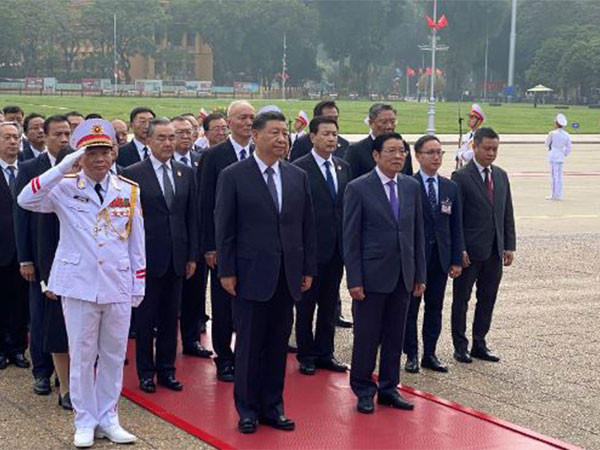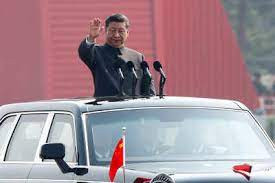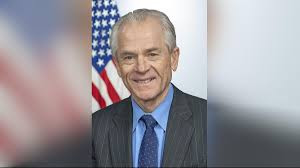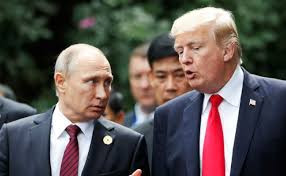Xi Jinping's Hanoi Visit Elicits Muted Response Amid Lingering Atmosphere of Fear Among Critics and Activists

IIE Digital Desk: Xi Jinping's recent visit to Hanoi, the response from critics and activists has been notably subdued, reflecting an atmosphere fraught with apprehension and fear. The Chinese leader's diplomatic overtures have failed to dispel the lingering concerns and unease that persist within circles critical of his administration.
Xi Jinping's visit, ostensibly aimed at strengthening bilateral ties between China and Vietnam, has drawn a tepid reaction from those who remain wary of the Chinese government's track record on human rights and political dissent. Critics and activists, who might otherwise have voiced their opinions more openly, continue to navigate an environment characterized by a palpable sense of fear.
The muted response underscores the challenges faced by those who seek to express dissenting views in the face of an increasingly authoritarian regime. The fear of reprisals and the suppression of free speech have created a climate where public reactions to high-profile visits are measured and cautious.
Xi's diplomatic endeavors, while emphasizing economic cooperation and regional stability, have not assuaged the concerns of those who view his leadership with skepticism. The visit has become a focal point for discussions on the broader implications for freedom of expression and human rights in the region.
The persistence of this atmosphere of fear highlights the delicate balance that activists and critics must strike between expressing their reservations and avoiding potential repercussions. As geopolitical dynamics continue to evolve, the subdued response to Xi Jinping's visit in Hanoi serves as a poignant reminder of the challenges faced by those who advocate for democratic values and human rights in an environment marked by political constraints and uncertainty.
You might also like!
















